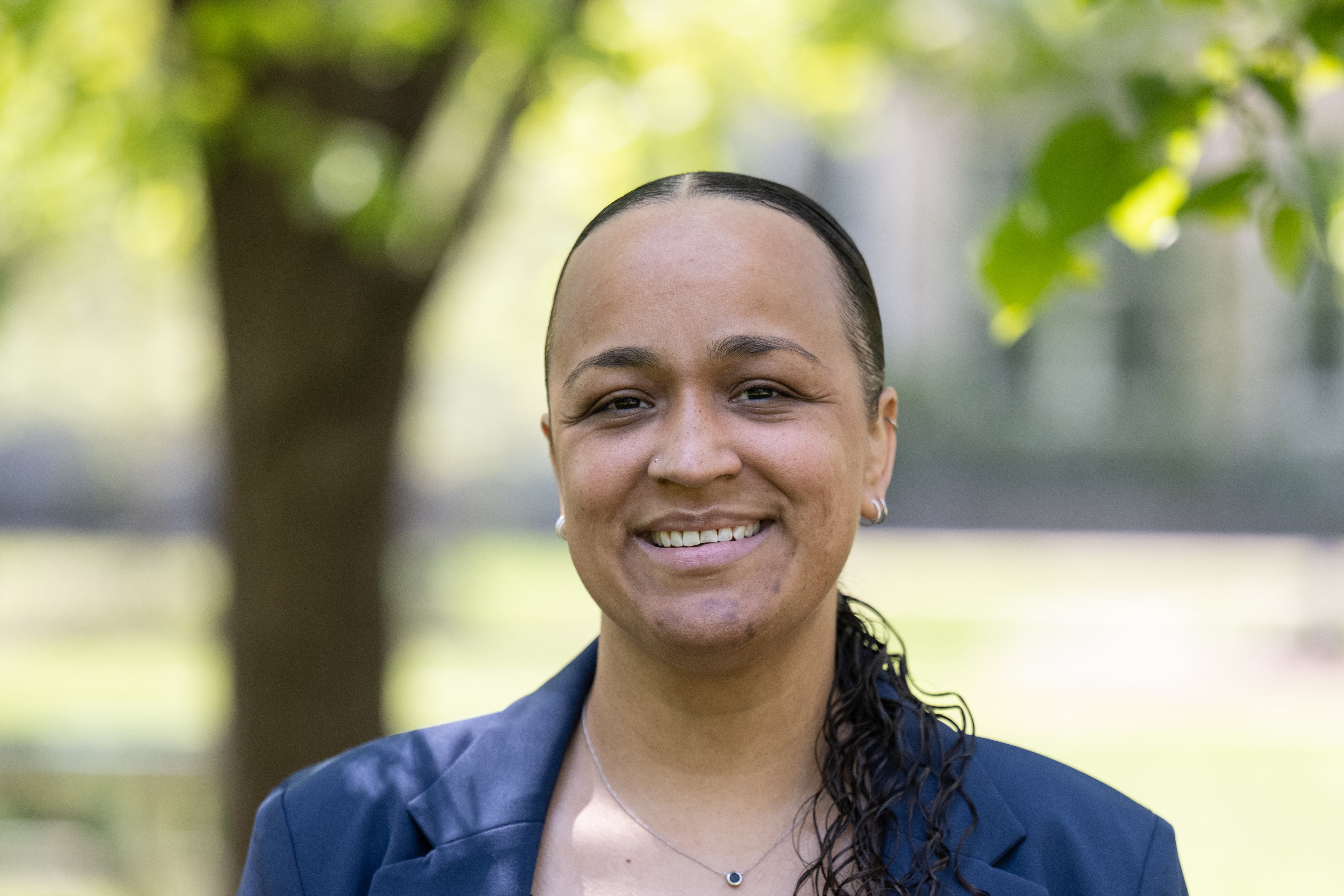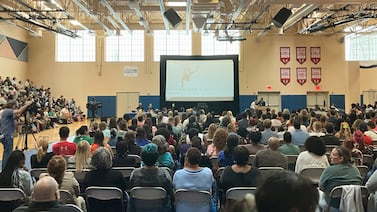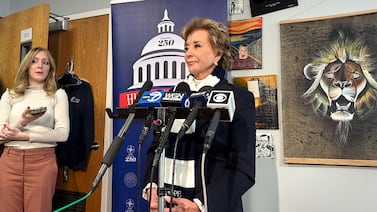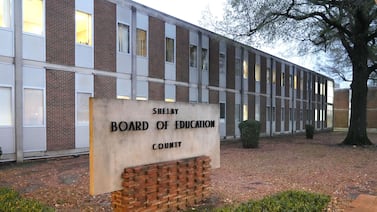Sign up for Chalkbeat Chicago’s free daily newsletter to keep up with the latest education news.
Chicago’s deputy mayor of education, youth, and human services is taking a leave from her role amid an ongoing conflict between Mayor Brandon Johnson and Chicago Public Schools.
Deputy Mayor Jennifer “Jen” Johnson told Chalkbeat late last week she would be on leave for the coming weeks. It’s not clear for how long. A spokesperson for the mayor’s office said Monday he couldn’t comment on personnel matters.
“I’m gonna be taking some time to really focus on my health and family,” Johnson said, adding that she does not want her leave to be misconstrued or used for political fodder.
Mayor Johnson appointed Jen Johnson to be deputy mayor of education, youth, and human services in May 2023. Jen Johnson formerly served as chief of staff at the Chicago Teachers Union and was a high school history teacher. In addition to CPS, her focus over the past year centered on expanding youth jobs and helping migrant students.
Jen Johnson, who is not related to the mayor, said in a June 2023 interview with Chalkbeat that she expected contract negotiations with the Chicago Teachers Union to be “less painful, more inclusive, and driven by a shared set of goals.”
But talks have grown tense, in particular, with CTU taking aim at CPS CEO Pedro Martinez, who was hired under former Mayor Lori Lightfoot.
In an interview late last week, Jen Johnson said that the mayor’s administration “signaled all kinds of desire for partnership” with Martinez’s administration.
“We’ve really tried to operate that way, so that we can avoid the acrimony and the fighting,” Johnson said. “I don’t feel like the partnership was there.”
In recent months, the relationship between the mayor’s office and Martinez has grown increasingly tense — as the two sparred over how to cover looming costs, including a pension contribution for non-teaching staff and added expenses related to new Chicago Teachers Union and principals contracts. The conflict also comes as billions in COVID relief money from the federal government expires.
Last month, Mayor Johnson asked Martinez to resign, but he declined. The school board has the sole power to fire the district’s CEO. Earlier this month, tensions boiled over when all seven members of the mayor’s appointed school board resigned amid the turmoil. The mayor announced six of seven new members the following week.
Next month, in Chicago’s first school board election, the city’s voters will elect 10 school board members and the mayor will appoint 11.
Becky Vevea is the bureau chief for Chalkbeat Chicago. Contact Becky at bvevea@chalkbeat.org .







